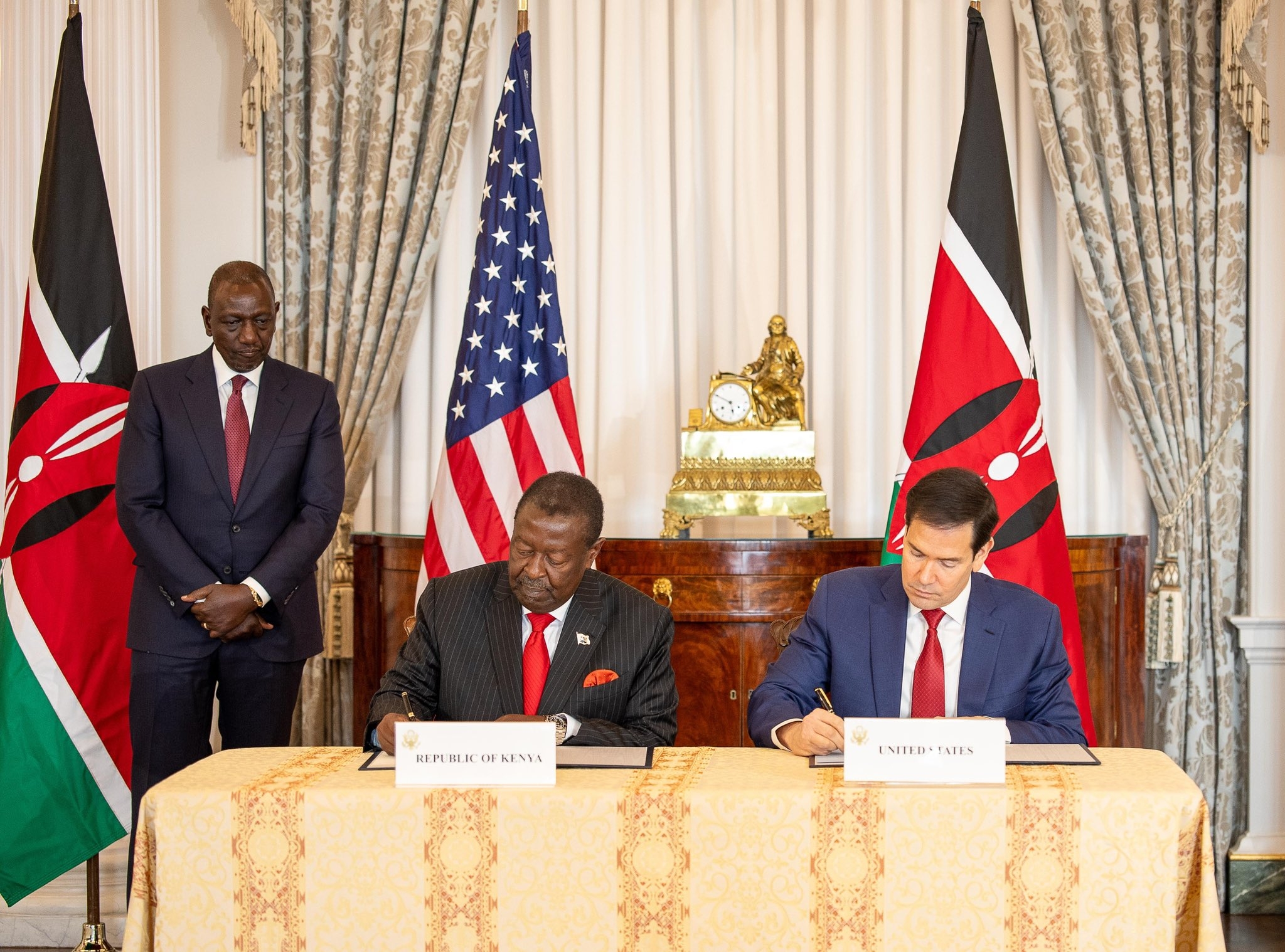Janet Likohe was an unlucky student. Like many other university students set to graduate, she was required to go for industrial attachment, but little did she know of what lay ahead as she began her search.
As a fourth-year media and communications student at Egerton University, she hoped to land a spot in one of the well-known media houses in the country.
As expected, she sent out applications hoping to end up in one of the leading media houses in order to fulfil her degree requirement.
And after a month, there was a glimmer of hope. She received a text from one Dan Kinyanjui on Instagram who promised her an internship opportunity at a popular radio station, Home Boyz Radio, an affiliate of Radio Africa Group.
"He told me he has a cousin who works at Home Boyz Radio and could help me secure the internship," she said.
Janet, ecstatic about the possibility of working at the radio station, agreed to reach out to Dan's cousin, Martin Kinyanjui.
Upon reaching out to Martin, he affirmed that he would help her.
"Martin told me to send him my application letter and further went on to ask for Sh2,000 before I start the internship," Janet stated.
Out of desperation and promises of being retained as a paid intern earning Sh20,000, she fell into Martin's trap despite being suspicious of the payment.
"I chose to believe him because, at the back of my mind, I knew I would be paid Sh20,000 from the job," Janet said.
"Two days after I had made the payment, Martin texted me saying two other slots were remaining and asked if I knew anyone who would be interested in the opportunity," Janet added.
She asked her classmates and two of them were willing to pay the sum to get the positions.
A few days later, they all got emails purporting to be from the Human Resources manager of the radio station.
Janet decided to pay a visit to Radio Africa Group. At the reception, she produced her email containing the confirmation letter.
It was then that the receptionist looked at the email and realised that it was fake.
Janet had been duped. She was told to go home as the media company looked into the matter.
It turned out that Martin's letter was a forgery which almost deceived even Radio Africa Group's Human Resource manager Jemimah Ngode.
When we reached out to Jemimah, she said she was aware of Janet's incident, adding that the legal department is looking into the case.
She advised students to be on the lookout for such cons, telling them to use the following guidelines to gauge the credibility of the organisation to which one is applying.
Jemimah said one should countercheck the email if it has the company's domain name.
"Like for Radio Africa Group, you will see the name of the company in the email. It shouldn't just be @gmail.com," she said.
She also encouraged learners seeking internship opportunities to physically visit the institution before the reporting day for confirmation.
Additionally, Jemimah said one can also do a background check of the organisation on their website and dial the numbers on the site.
"As employers, we do background checks on our employees. So employees should also do a background check on the organisations they are hoping to join," Jemimah said.
She also noted that many organisations don't ask for payments from learners to secure internship opportunities.
"Currently, most organisations offer internship opportunities free of charge as they view it as a Cooperate Social Responsibility(CSR)."
Despite the frustration from Dan and Martin, Janet's fate was not cast in stone as she later received an official call from Radio Africa Group to report for her internship.
"Honestly, when I realised I had been conned, I was completely despondent. When Radio Africa Group reached out and told me they had considered my application I felt as if the whole experience was a blessing in disguise," she said.
Janet's story is not new. Many students in similar positions have fallen prey to perpetrators who use their frustration and desperation in their search for internship opportunities to con them.
The Media Council of Kenya has reported several instances where people impersonate the organisation in a bid to con desperate learners seeking internship opportunities.
In April, a memo made rounds on social media informing students to apply for industrial attachment placement and when they reached out, they were asked to pay Sh5,000 from people purporting to be from MCK.
The letter required applicants to send their application to a fake email address, '[email protected]'.
Responding to the issue, Media Council Stakeholder Engagement and Professional Ethics Manager Leonard Munyao Mutisya termed the letter as completely fake and misleading.
"Other than our logo, it doesn't bear our corporate colors. The email address is fake. MCK doesn't use Gmail," he said.
Munyao also said the council has a portal on their website where internship applicants can upload their details.
He further added that the council doesn't accept email submissions for the industrial placement program.
"Finally, the font and font style used in the fake letter are a giveaway. We use Garamond," Munyao stated.
He also urged learners seeking internship opportunities to see payment requirements as a red flag when trying to secure internship opportunities.
















